Related Research Articles
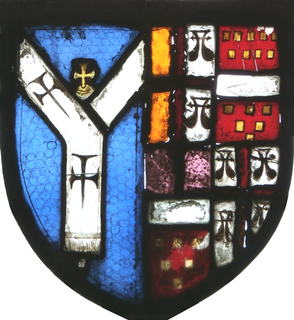
Thomas Bourchier was a medieval English cardinal, Archbishop of Canterbury, and Lord Chancellor of England.
Walter Reynolds was Bishop of Worcester and then Archbishop of Canterbury (1313–1327) as well as Lord High Treasurer and Lord Chancellor.
Thomas Langton was chaplain to King Edward IV, before becoming successively Bishop of St David's, Bishop of Salisbury, Bishop of Winchester, and Archbishop-elect of Canterbury.
Edward Foxe was an English churchman, Bishop of Hereford. He played a major role in Henry VIII's divorce from Catherine of Aragon, and he assisted in drafting the Ten Articles of 1536.
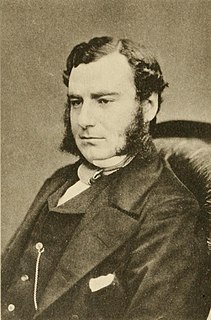
Alfred Newton FRS HFRSE was an English zoologist and ornithologist. Newton was Professor of Comparative Anatomy at Cambridge University from 1866 to 1907. Among his numerous publications were a four-volume Dictionary of Birds (1893–6), entries on ornithology in the Encyclopædia Britannica while also an editor of the journal Ibis from 1865 to 1870. In 1900 he was awarded the Royal Medal of the Royal Society and the Gold Medal of the Linnaean Society. He founded the British Ornithologists Union.

John Moore (1646–1714) was Bishop of Norwich (1691–1707) and Bishop of Ely (1707–1714) and was a famous bibliophile whose vast collection of books forms the surviving "Royal Library" within Cambridge University Library.

Edward Story was an English priest, Bishop of Carlisle, 1468–1477, and Bishop of Chichester, 1477–1503.
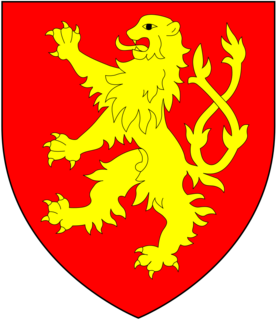
Henry Burghersh, was Bishop of Lincoln (1320-1340) and served as Lord Chancellor of England (1328–1330). He was a younger son of Robert de Burghersh, 1st Baron Burghersh, and a nephew of Bartholomew de Badlesmere, 1st Baron Badlesmere. He was educated in France.
Walter Giffard was Lord Chancellor of England and Archbishop of York.
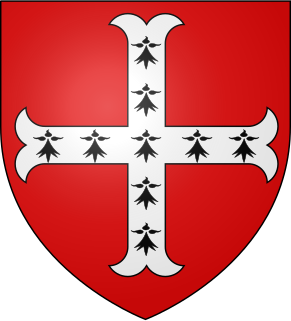
Antony Bek was a bishop of Durham and the Patriarch of Jerusalem.

Edward Harold Browne was a bishop of the Church of England.
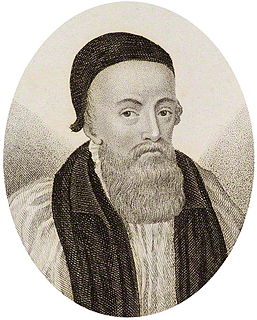
Sir Thomas Goodrich was an English ecclesiastic and statesman who was Bishop of Ely from 1534 until his death.

Rowland George Allanson Allanson-Winn, 5th Baron Headley, also known as Shaikh Rahmatullah al-Farooq, was an Irish peer and a prominent convert to Islam, who was also one of the leading members of the Woking Muslim Mission alongside Khwaja Kamal-ud-Din. He also presided over the British Muslim Society for some time.
John Russell was an English Bishop of Rochester and bishop of Lincoln and Lord Chancellor.

Sir Peter Heyman (1580–1641) was an English politician who sat in the House of Commons variously between 1621 and 1641.

Sir William More, of Loseley, Surrey, was the son of Sir Christopher More. He was actively involved in local administration and in the enforcement of the Elizabethan religious settlement, and was a member of every Parliament during the reign of Queen Elizabeth I. He was the owner of property in the Blackfriars in which the first and second Blackfriars theatres were erected.
Sir John Wolley was Queen Elizabeth I's Latin Secretary, a member of her Privy Council, and a member of Parliament from 1571 until his death in 1596.
Elizabeth Wolley was one of Queen Elizabeth I's ladies of the Privy Chamber. She was the eldest daughter of Sir William More of Loseley, Surrey, and his second wife, Margaret Daniell, and the wife of the Queen's Latin secretary, Sir John Wolley, and the Queen's Lord Chancellor, Thomas Egerton, 1st Viscount Brackley.
Sir Francis Wolley was the son of Queen Elizabeth's Latin secretary, Sir John Wolley, and Elizabeth More, the daughter of Sir William More of Loseley, Surrey. He was a Member of Parliament, and one of those to whom King James granted the Second Virginia Charter. From 1601 to 1609 he provided a home at Pyrford for John Donne and Anne More after their clandestine marriage.
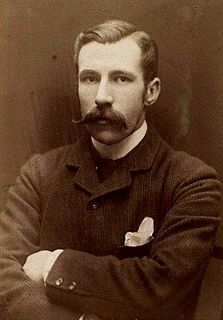
Sir Clive Phillipps-Wolley was a British-Canadian official, author and big game hunter. His two most famous poems are perhaps The Sea Queen Wakes (1896) and Coronation Hymn composed in honour of the coronation of George V.
References
- Lee, Sidney, ed. (1900). . Dictionary of National Biography . Vol. 62. London: Smith, Elder & Co.
- ↑ Fryde, E. B.; Greenway, D. E.; Porter, S.; Roy, I. (1986). Handbook of British Chronology (3rd ed.). Cambridge: Cambridge University Press. pp. 350–351. ISBN 0-521-56350-X.
- ↑ "Fasti Ecclesiae Hibernicae: The succession of the prelates Volume 4 By Henry Cotton". p. 168. Retrieved 29 December 2014.